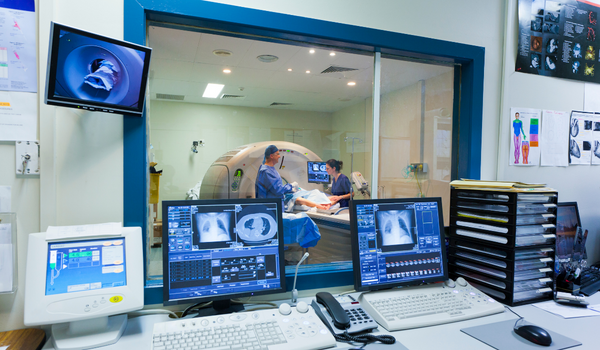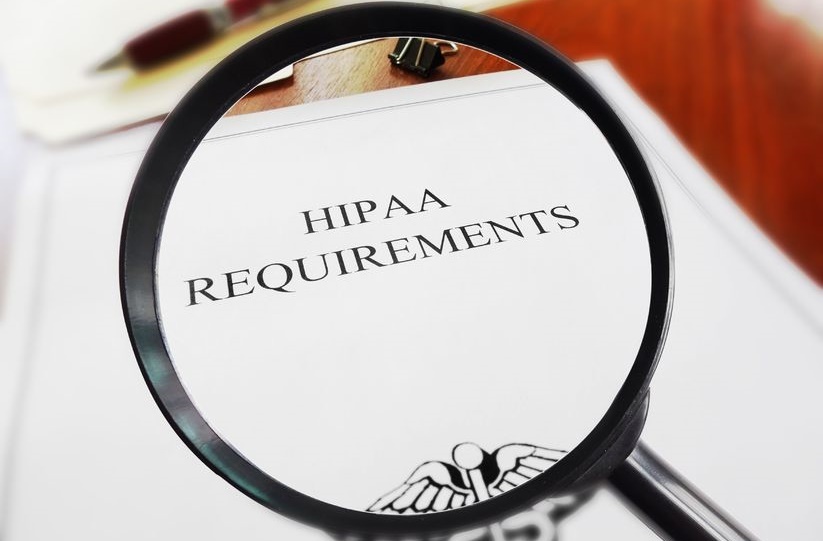What Happens If I Lose My Patient's Medical Images?
“An ounce of prevention is worth a pound of cure,” opined Benjamin Franklin. While the Founding Father may not have been speaking quite so literally, it’s an idea that will feel familiar to many healthcare professionals. We advise patients to eat well and exercise regularly, even when they’re in the best of health, knowing the long-term benefits far outweigh the short-term inconveniences.
Healthcare providers too should find some wisdom in Franklin’s words. A record storage system is a virtual necessity in our data-driven world, yet it’s one that too many practices overlook. A safe, secure cloud-based system offers many advantages for practitioners and patients alike, but some still balk, citing the fear of expense.






